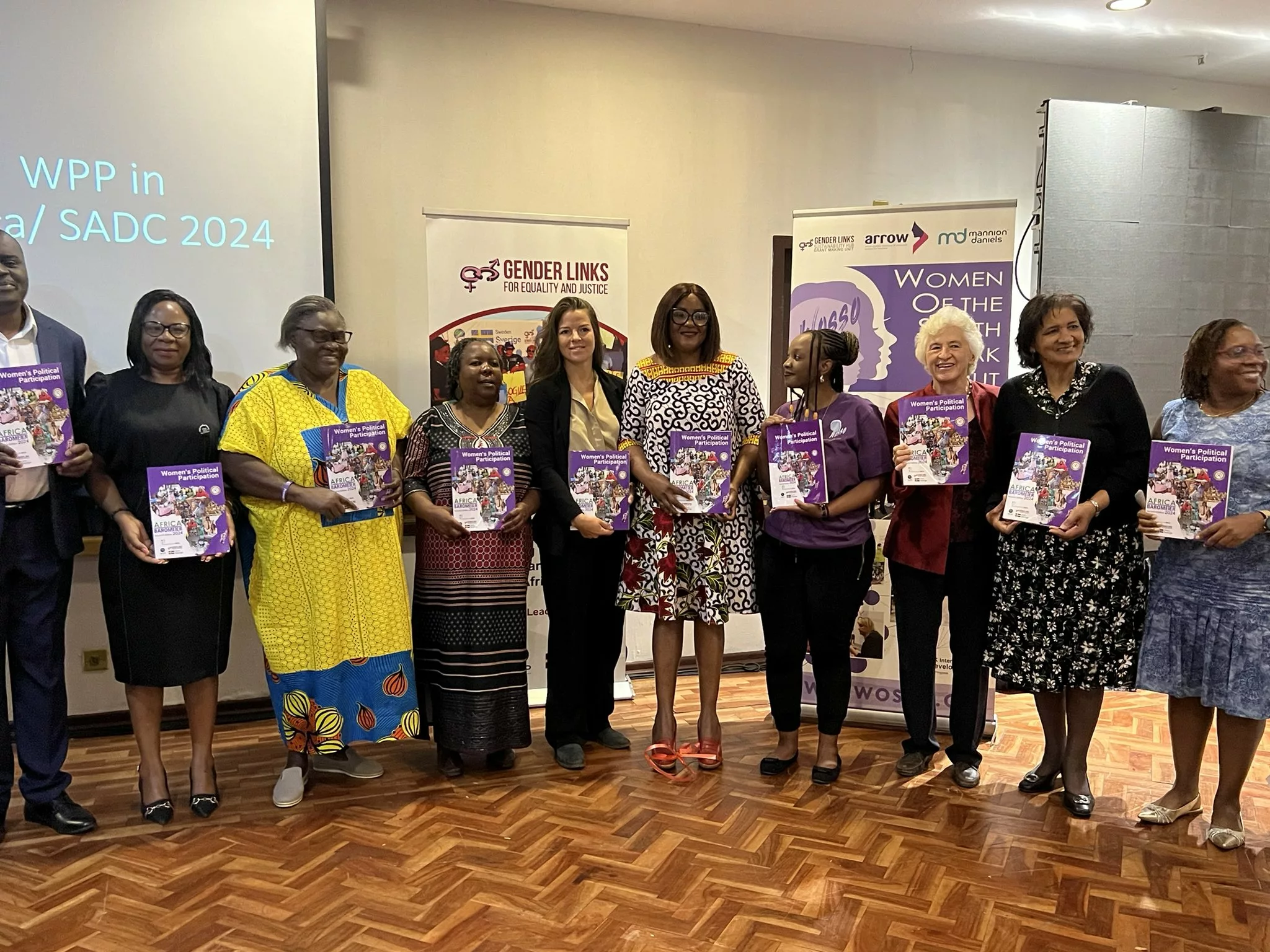|
Getting your Trinity Audio player ready...
|
Southern African women’s rights defenders are calling on heads of state meeting in Zimbabwe on SADC Day, 17 August, to fulfil their commitments to the rights of women in all their diversity.
“Tomorrow marks the sixteenth anniversary of the adoption of the Southern African Development Community (SADC) Protocol on Gender and Development,” noted Emma Kaliya, chair of the Southern African Gender Protocol Alliance that campaigned for the adoption of this instrument. “Yet women remain the majority of the poor; the dispossessed; the marginalised; the under-represented and those whose rights are daily violated with impunity,” the women said yesterday.
Representatives of a broad spectrum of women’s rights organisations have been participating in the civil society meetings leading up to the 44th SADC Heads of State Summit in the Zimbabwe capital.
These deliberations culminated in Gender Day on 15 August under the auspices of the Alliance, a network of national networks of women’s rights organisations, represented in Zimbabwe by the Women’s Coalition. Gender Links co-ordinates the Alliance that produces an annual Barometer tracking progress in the region against the SADC Protocol and other regional, continental and global instruments.
Participants also included the Southern Africa chapter of the newly inaugurated Women of the South Speak Out fellowship, which seeks to amplify the voices of young women advocates in all regions of the global south. Another active constituency is the Voice and Choice Fund, which in Zimbabwe has ten grantees, including the Women’s Action Group and nine community-based organisations that advocate for sexual and reproductive rights.
During the launch of the Africa Women’s Political Participation Barometer on Thursday activists noted that women’s representation in parliament now stands at 29% – a far cry from the 50% target by 2030. This ranges from 46% in Namibia to 8% in Botswana. On the other hand, Zimbabwe scored a goal for gender equality with the introduction of a gender quota for women in local government in the 2023 elections increasing the representation of women at this level from 14% to 33%.
“While we are making headway, we appear to be stuck as a region at this one-third mark,” noted GL Special Advisor Colleen Lowe Morna. “We also need to move intentionally to bring young women into political decision-making, and to move beyond numbers, to changing the lives of women on the ground.”
Earlier in the week activists visited Murewa Rural District Council, an award-winning Centre of Excellence for Gender in Local Government, that has developed an integrated programme linking women’s political participation to local economic development, ending gender violence, and delivering SRHR services. “I will be taking this model back to Namibia, especially the role of junior councillors in advocating for access to SRHR services for youth, and menstrual health products for young women ” noted WOSSO fellow and Alliance focal person Veronica Hambili.
During a reference group meeting for the forthcoming Voice and Choice Barometer, activists decried the absence of basic menstrual health facilities resulting in absence from school, high dropout rates and the use of unsafe methods such as cow dung. The provision of sanitary ware is also sometimes linked to corruption with teachers taking pads provided for students for themselves. Access to water and sanitation in schools is a major issue compounded by drought.
Other SRHR challenges include the lack of access to contraceptives and other SRHR services; sex for money; and the high rates of dropout by young women from school with one in five teenagers getting pregnant early. They noted that sex is often a means of survival, driven by poverty, with parents as accomplices, leading to high levels of child marriage.
Southern Africa is also far from reaching its targets of eliminating maternal mortality, with unsafe abortion being a major contributor to these high rates of death among women.
According to the Safe Abortion Alliance of Southern Africa (SAASA) which includes several Voice and Choice Partners represented in Zimbabwe by WAG, maternal mortality in Southern Africa cannot be eliminated without the provision of safe abortion, a simple and cost-effective medical procedure legalised only in South Africa, Mozambique and the DRC.
All other Southern African countries have laws permitting safe abortion in extremely limited circumstances such as incest and rape, with cumbersome legal procedures that make it virtually impossible to access these services.
“As a region we have a history of anti-colonial struggles, fighting for justice and equality,” noted Barometer author Lynette Mudekunye. “Women’s rights are no different.”
The Alliance calls on Heads of State to accord women the right to make choices over their reproductive health; to implement the SRHR strategy adopted by ministers of health in 2018, and to operationalise the guidelines for 365 Day National Action Plans to End Gender Violence.
The Alliance further calls on SADC leaders to abolish all laws that discriminate against inclusion and diversity, fundamental human rights values that underlie the Sustainable Development Goals.
While the Alliance welcomed the establishment of the Non-State Actors mechanism for engagement by civil society in SADC structures, the coalition of WRO stressed the importance of a stand-alone gender sector in its way of operating, to enable meaningful engagement in monitoring the SADC Gender Protocol and related action plans.
“There is a history or herstory around the struggle for women’s rights in SADC,” noted Kaliya. “We prized open space that must be kept open and expanded if we are to get anywhere close to achieving our objectives by 2030.”
SOURCE: GENDER LINKS






